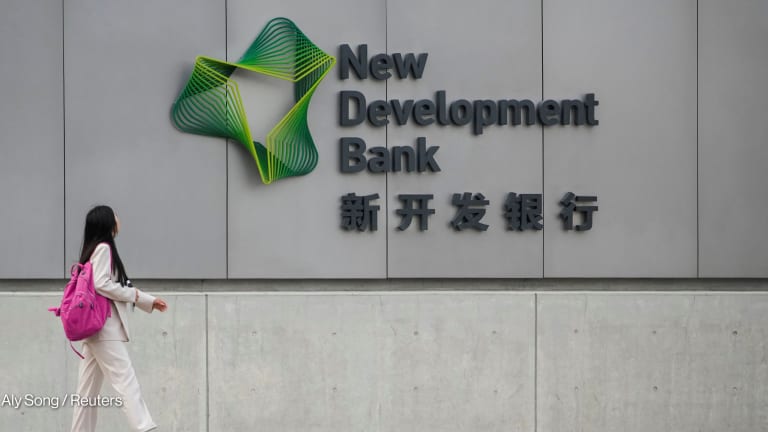Attention all members of the global development community: there’s a new player in town.
After almost three years of negotiations, senior officials from the world’s five largest emerging economies Brazil, Russia, India, China and South Africa — collectively known as the BRICS — finally unveiled Tuesday a new multilateral bank.
Called the New Development Bank, the body is seen as a potential rival to the influence of long-standing institutions such as the World Bank and the International Monetary Fund, among others.
Read more stories on the New Development Bank:
► Can the new BRICS bank usher in a new economic framework?
► Is America's hold on the World Bank at an end?
► AIIB nears completion but China's 'global leader' status remains in question
► Jim Kim: Poverty, not AIIB or the BRICS bank, is the enemy
► Can the BRICS bank rally global outcasts around TB treatment?








